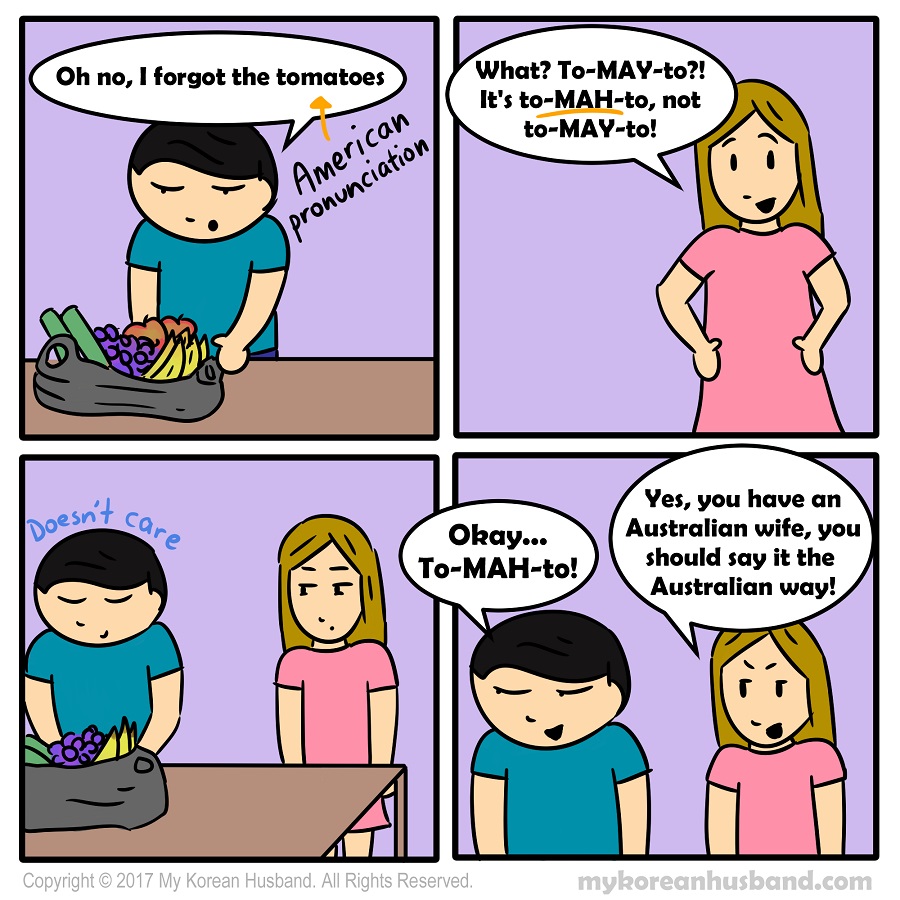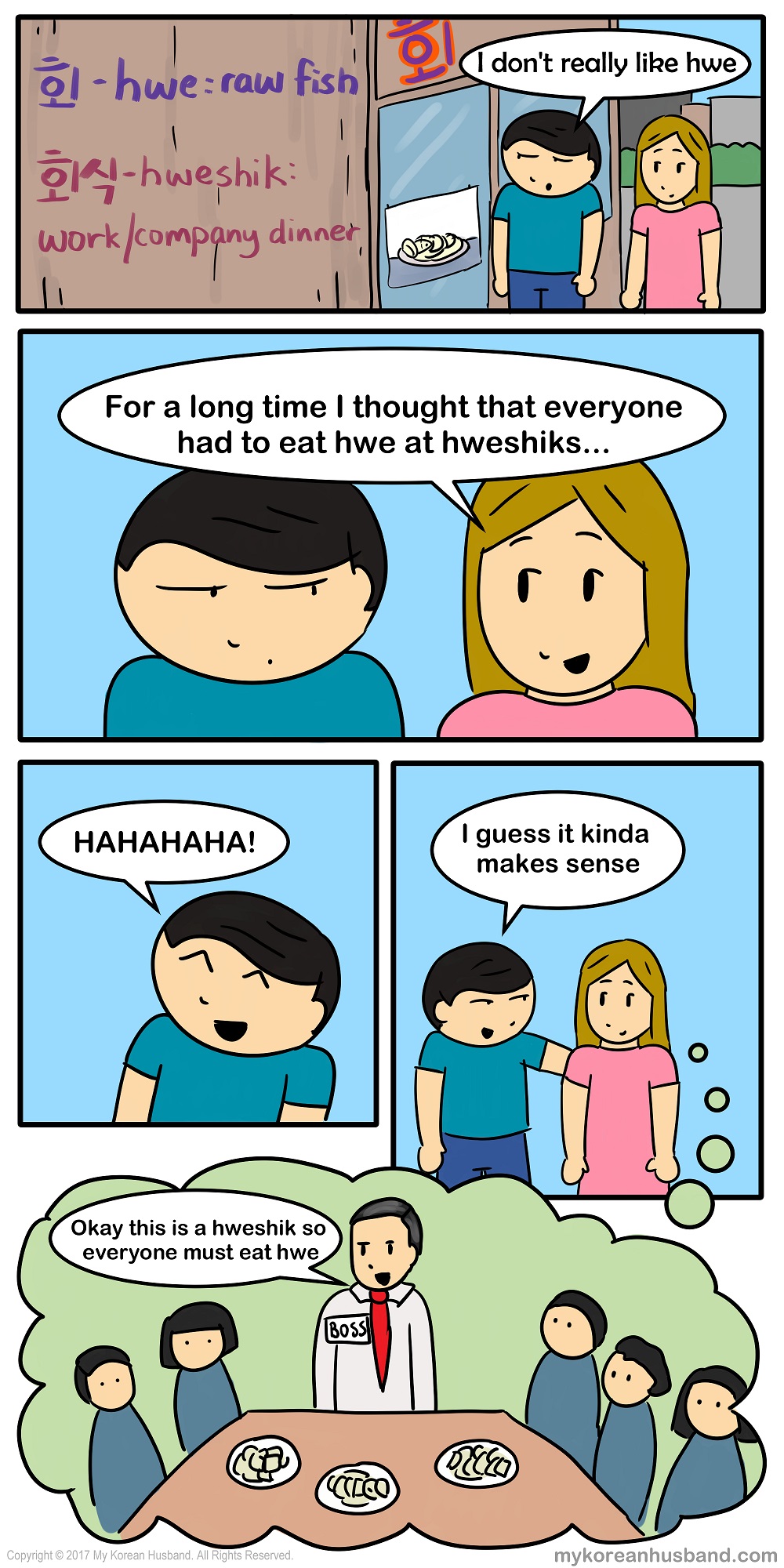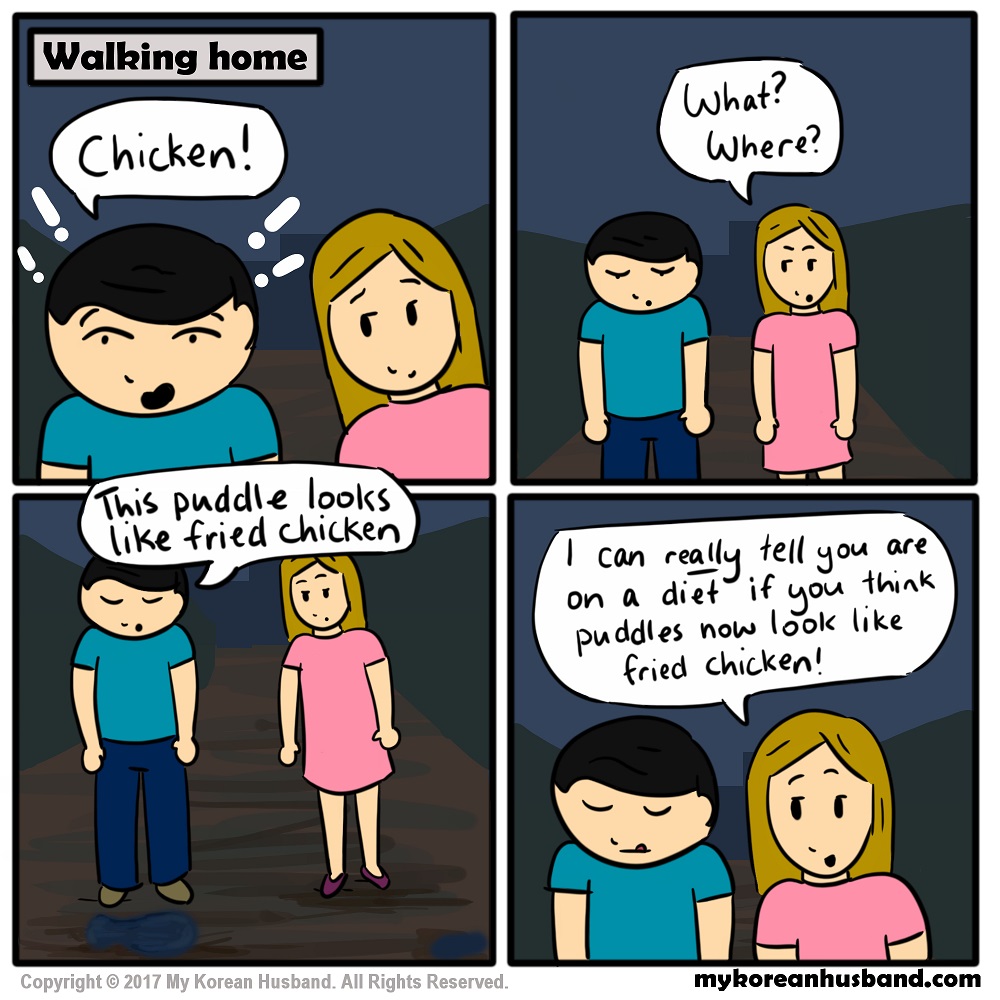
How to say tomato?
Actually the Korean pronunciation of tomato (토마토) sounds similar to British/Australian pronunciation, but Hugh said many Koreans think it sounds cooler to say it the American way. As if it’s some example of English speaking skills and a way to show off! Many Koreans have a somewhat unhealthy obsession with American English which means they will judge other’s pronunciation of words if they don’t sound American. It’s unfortunate because Korean English speaking skills on a whole would benefit from exposure to more accents, not just an American accent. Foreign English teachers in schools are told to speak with an American English even when they are not North American. This obsession with the American accent, which they are already exposed to anyway, hinders Koreans when they have interactions with English speakers that have a different accent. And there are many types of English accents!
I have no problem with Americans saying “tomato” in a way is natural for them, but I scolded Hugh for saying it that way when there was no need to. He still gets judged on the way he speaks English, usually by Koreans who don’t speak English anywhere near as well as him! There is an idea many people have of how English is supposed to sound if you speak it well, but the reality is quite different. When a Korean adopts a strong American accent when they are not a native speaker (and haven’t been to the US) it can sound very jarring, especially to native English speakers that have a different accent. To me it sounds better if an accent is something that happens naturally and is not forced. So usually Hugh has a Korean accent and says some things in an Australian way and still has some slight tenancies he learnt in The Philippines.
I hope Koreans don’t continue to feel pressure to speak English in a certain way, even though it seems that I’m pressuring Hugh to speak the Australian way! hehe



Recent Comments